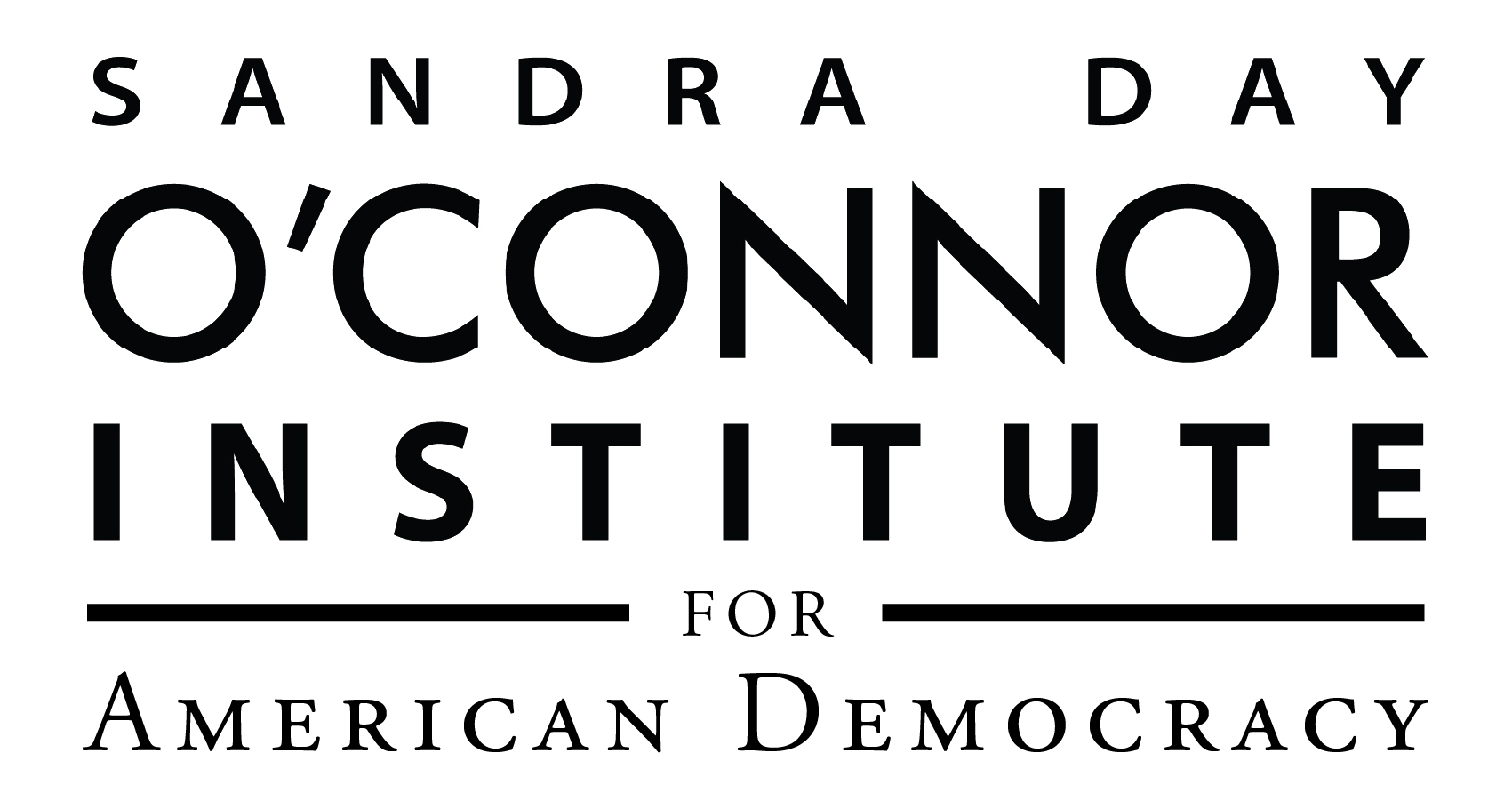Watch/Listen
What’s the Deal with the Electoral College?
Perhaps no extant product of the U.S. Constitution has received more bipartisan animus than the Electoral College. Since 1800 there have been more than 700 proposals introduced in Congress to amend or eliminate the way in which America chooses its presidents. Yet the Electoral College lives on. Why do we have this system? Why does…
Read MoreHow Democracy Survives, with Author Josiah Ober, Ph.D.
The story often told is that rural America is in decline, and that rural Americans are resentful of their suburban and urban counterparts. But Elizabeth Currid-Halkett argues in her new book The Overlooked Americans: The Resilience of Our Rural Towns and What It Means For Our Country that rural Americans
Read MoreWater and the West
Some 40 million people in the American West rely on water from the Colorado River. But the river’s flow has diminished, and those decreases will likely continue. What does this mean for the American West in general and Arizona in particular? Will booming metro areas—Maricopa County, for example—have to halt their growth? Will vast expanses…
Read MoreWhy Rural America Is Thriving, with Author Elizabeth Currid-Halkett
The story often told is that rural America is in decline, and that rural Americans are resentful of their suburban and urban counterparts. But Elizabeth Currid-Halkett argues in her new book The Overlooked Americans: The Resilience of Our Rural Towns and What It Means For Our Country that rural Americans
Read MoreThe Economy: Inflation, the Fed, and You
Inflation in America is happening for the first time in forty years. Why have prices gone up and when might they come down? What role do monetary policy, the Federal Reserve, and legislators play? And what is the fiscal theory of inflation? The O’Connor Institute Issues & Answers series is pleased to present a three-part webcast series on these important questions with The Economy: Inflation, the Fed, and You.
Read MoreEmancipation’s Complicated History, with Kris Manjapra
Emancipation in America is often presented as a single and singular undertaking. But Professor Kris Manjapra’s new book, Black Ghost of Empire, complicates that story by situating America’s national emancipation in a long line of global emancipations–including the first emancipations, which occurred in America’s North in the late 18th century–that were in many ways structured to benefit…
Read MoreThe Museum as Civic Space, with Dr. Anthea Hartig
What is the museum’s role in society? How does – and can – the museum function as a civic space? Dr. Anthea Hartig, the first woman director of the Smithsonian Institution’s National Museum of American History, recently sat down with Civics for Life to briefly discuss these and other questions. Transcript About the Speaker Anthea…
Read MoreJohn Locke: The 17th Century Philosopher who Shaped American Thought
In her book America’s Philosopher: John Locke in American Intellectual Life, Claire Rydell Arcenas seeks to better understand and illuminate the crucial 17th century philosopher by showing how he influenced Americans at different historical moments. Widely known as the founding father of modern “liberal” thought, Locke pioneered the ideas of natural law, social contract, religious toleration, and the right to revolution that proved…
Read MoreThe Pros and Cons of Open Primaries and Ranked Choice Voting
Do open primaries and ranked choice voting have the potential to improve American elections, or will they create more problems than they solve? Kevin Meyer, former lieutenant governor of Alaska; Steve Goldstein, executive director of Save Democracy AZ; and Jaime Molera, former Arizona superintendent of public instruction, join the O’Connor Institute Civics for Life webcast to discuss the issue.
Read MoreGerrymandering in America, with Nick Seabrook
In his book One Person, One Vote, Nick Seabrook, an authority on constitutional and election law, examines the question of gerrymandering—that is, the intentional drawing of electoral districts for political gain. Seabrook looks at the history of gerrymandering, which he believes is “a uniquely American phenomenon,” and how new technologies have made the practice far more…
Read More
